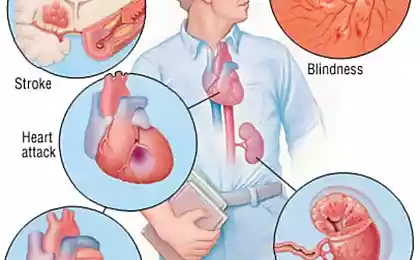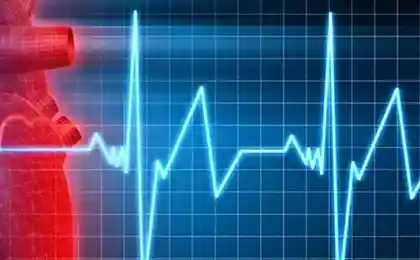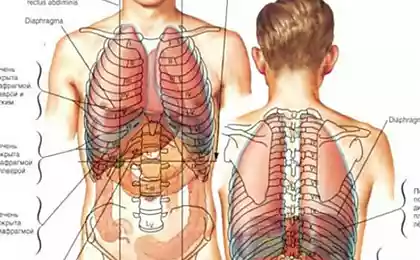160
Hypertension – a disease of unreacted emotions
When the heart cries out what the soul cannot say in words.
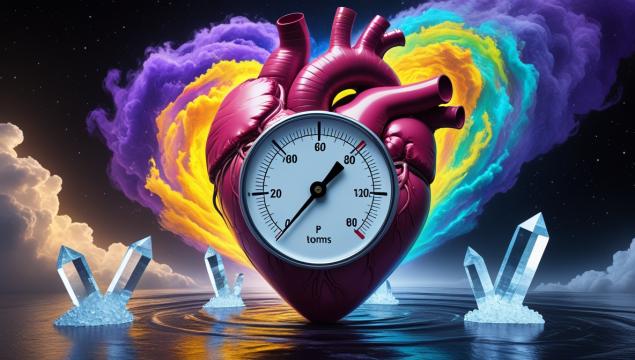
In the world of modern medicine, hypertension remains one of the most insidious diseases of our time. Every third adult on the planet faces increased pressure, but only a few understand the true nature of this disease. Speaking about the mechanisms of development of arterial hypertension, it is impossible to bypass the topic of table salt – sodium, but it is even more important to understand the role of our unreacted emotions in the development of this condition.
Invisible Connection: Emotions and Blood Pressure
Imagine Anna, the 42-year-old manager of a large company. Every morning she wakes up with a feeling of heaviness in her chest, and by the evening the headache becomes her constant companion. Doctors diagnosed hypertension and prescribed pills, but no one asked what was going on in her soul. More than 20 years ago, cardiologists discovered a direct link between suppressed emotions and the development of cardiovascular disease.
Research from Harvard Medical School has shown that people who tend to suppress anger and other negative emotions are 3 times more likely to suffer from hypertension than those who are able to express their feelings constructively.
When we hold back emotions, our bodies turn on ancient survival mechanisms. The sympathetic nervous system is activated, releasing epinephrine and norepinephrine into the blood. These stress hormones cause the heart to beat more often, and blood vessels to narrow. In the short term, this helps us cope with the threat, but when stress becomes chronic, our vascular system begins to work in a constant strain mode.
Salt as an increase in emotional tension
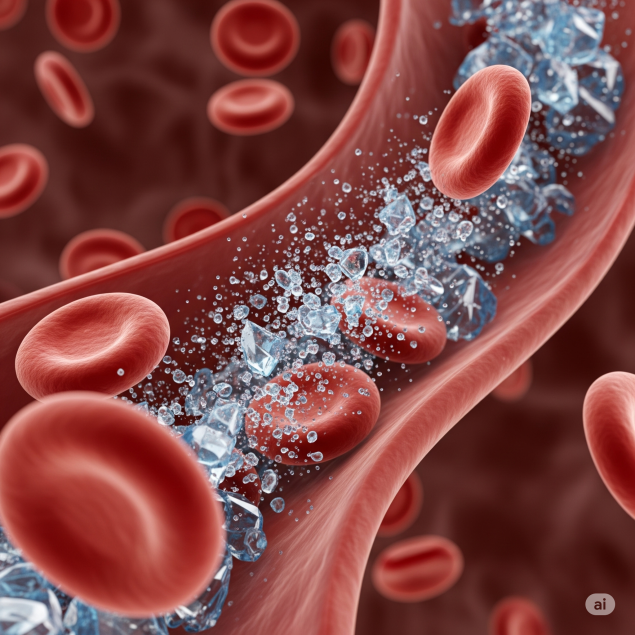
Sodium plays a key role in regulating the body’s water-salt balance, but its effect on blood pressure is closely related to our emotional state. When we are in a state of chronic stress, the kidneys begin to retain more sodium, which leads to an increase in the volume of circulating blood and, accordingly, to an increase in pressure.
Interesting fact.
People with high levels of stress can consume the same amount of salt as calm people, but their body will retain sodium 2-3 times more actively. This explains why some people can eat salty foods with no consequences, while others feel an immediate increase in blood pressure.
Psychosomatic mechanisms of hypertension
Dr. Gabor Mate, a well-known Canadian physician and researcher of psychosomatic diseases, argues that hypertension often develops in people who from childhood used to suppress their needs for the sake of others. Such people live in a state of constant internal conflict between the desire to express themselves and the fear of rejection.
“Hypertension is a disease of those who say ‘yes’ when they want to say ‘no’ and keep quiet when they want to shout.”
Consider the case of Michael, a 55-year-old father. All his life he was a “good son,” a “good husband,” a “good father,” never allowing himself to express discontent or anger. His body has found another way to “scream” – through high blood pressure. Every suppressed conflict, every unspoken claim settled in his vessels, creating internal tension.
The Hormonal Stress Cascade
When emotions do not find a way out, a complex hormonal cascade is triggered. The hypothalamic-pituitary-adrenal system is activated, increasing the level of cortisol - a stress hormone. Cortisol, in turn, affects the renin-angiotensin system, which regulates blood pressure.

Practical recommendations for normalizing pressure
- The technique of "emotional diary": Write down your feelings daily. This helps to realize the suppressed emotions and find them a constructive way out.
- Breathing gymnastics 4-7-8: Inhale 4 counts, delay 7, exhale 8. Perform 3 times a day for 4 cycles.
- The practice of conscious salt consumption: Keep a diary of sodium intake and note the connection with your emotional state.
- Stop signal technique: When you feel tension, stop and ask yourself, “How am I feeling right now?” Say the emotion out loud.
- Regular physical activity: 30 minutes of moderate exercise help burn stress hormones and normalize blood pressure.
Integrative approach to treatment
Modern medicine increasingly recognizes the need for an integrated approach to the treatment of hypertension. In addition to drug therapy, work with the emotional state of the patient plays an important role. Psychotherapy, meditation, art therapy and other methods of psychological correction show impressive results in lowering blood pressure.
A meta-analysis of 23 studies published in the Journal of Hypertension showed that psychological interventions can reduce systolic pressure by an average of 8-12 mm Hg, which is comparable to the effect of some antihypertensive drugs.
The role of social support
Studies show that people with strong social support have significantly lower blood pressure scores. The ability to openly talk about their experiences, receive empathy and understanding from loved ones is a powerful factor in the prevention of hypertension.
Conclusion
Hypertension can indeed be called the disease of unreacted emotions. Understanding this link opens up new possibilities for prevention and treatment. It is important to remember that our body is a complex system where physical and emotional health are inextricably linked. Learning to listen to our emotions and constructively express them, we can not only normalize blood pressure, but also significantly improve the quality of life.
Glossary
Arterial hypertension Persistent increase in blood pressure above 140/90 mm Hg, which is a major risk factor for cardiovascular disease.
Sympathetic nervous system The part of the autonomic nervous system responsible for the fight or flight response in stressful situations.
Renin-angiotensin system - hormonal system that regulates blood pressure and water-salt balance in the body.
cortisol Stress hormone produced by the adrenal glands in response to stressful situations.
Psychosomatics - direction in medicine, studying the influence of psychological factors on the development and course of somatic diseases.
sodium - a mineral that plays a key role in the regulation of water-salt balance and blood pressure.

